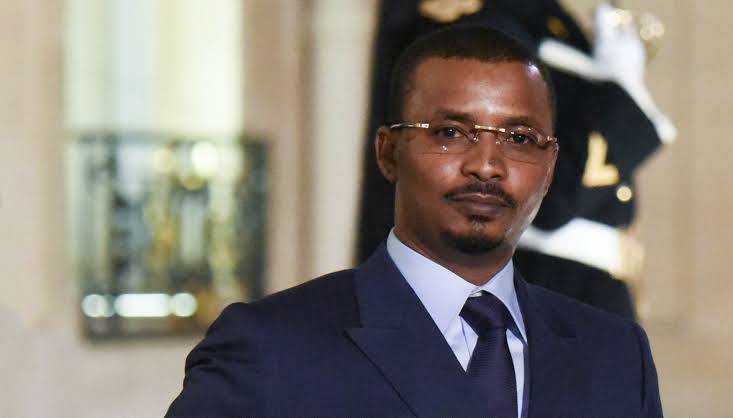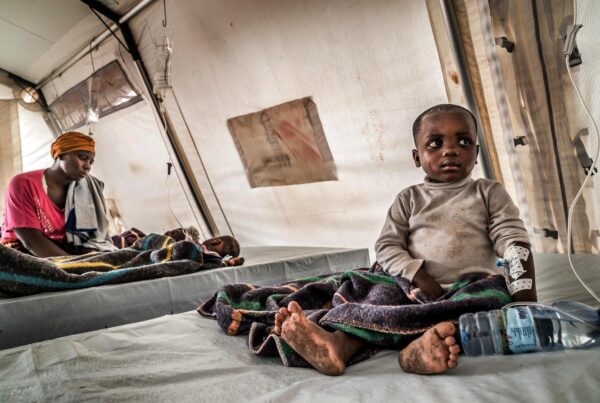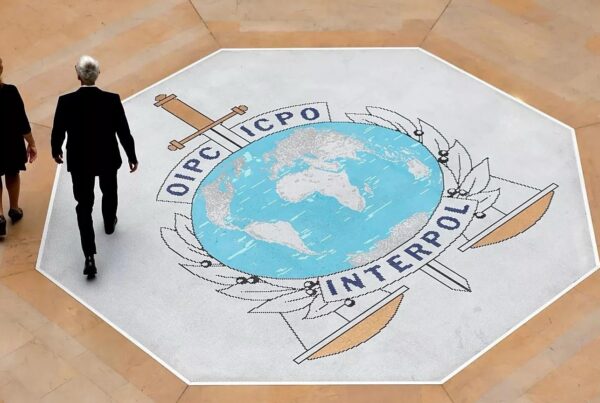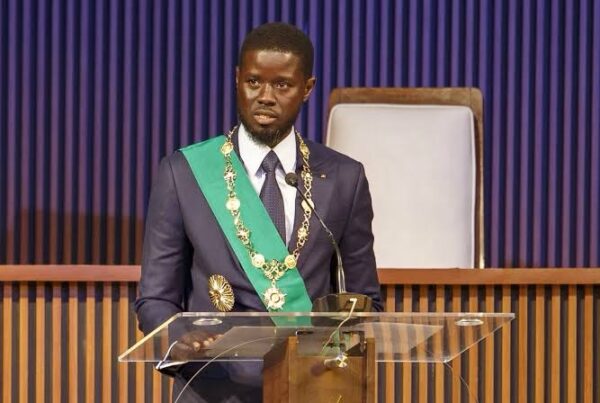Chad’s National Assembly has approved a constitutional revision that removes presidential term limits and extends the length of each term from five to seven years. The decision, taken on September 16, 2025, paves the way for President Mahamat Idriss Deby to seek re-election indefinitely. This move has triggered heated debate about the future of democracy in a country often plagued by political instability.
The parliamentary vote process was swift. Out of the total members, 171 voted in favor, one abstained, and none opposed. This overwhelming majority reflects the dominance of the ruling party, which secured a sweeping victory in the December 2024 legislative elections. Although the opposition tried to raise concerns, its influence has dwindled since the contested presidential election of the previous year.
Consolidation of Deby’s Power
Mahamat Idriss Deby rose to power in 2021 following the death of his father, Idriss Deby Senior, who had ruled Chad for three decades. Initially, he promised a transition to civilian rule but later decided to participate in the May 2024 election. The result of that election was disputed by many observers, who questioned its transparency. Nevertheless, Deby secured his position and strengthened his political base through a parliament that now fully backs his agenda.
The decision to remove term limits signals a clear strategy of consolidating power. Under the new system, Deby has a strong chance of extending his rule for decades. Democracy activists warn that such changes weaken the principle of regular leadership rotation. Critics see this as a step toward authoritarian governance, where one individual dominates the political system.
Opposition and International Reactions
The remaining opposition groups expressed disappointment with the outcome of the vote. Succes Masra, a key opposition leader, had earlier been sentenced to 20 years in prison on charges of inciting violence, a ruling widely seen as an attempt to silence dissenting voices. With opposition leaders sidelined, the political space in Chad has narrowed even further, leaving little room for effective checks and balances.
International reactions are beginning to emerge. Human rights organizations have raised concerns about the risk of authoritarianism. Partner countries are being urged to apply diplomatic pressure to ensure Chad respects democratic norms. However, given Chad’s strategic role in Sahel security and its military partnerships with Western nations, concrete action from the international community remains limited.
Political Impact and Democratic Outlook
The constitutional change could have long-lasting consequences for Chad’s political trajectory. If the Senate, scheduled to vote on October 13, 2025, also approves the revision, the new rules will officially take effect. As a result, the likelihood of leadership turnover will diminish significantly. Public trust in the democratic process may erode, raising the risk of social unrest.
For some citizens, the parliament’s decision is seen as a pragmatic move to maintain stability amid ongoing armed conflicts in the region. For pro-democracy groups, however, the development is alarming. They argue that Chad is sliding toward a political system centered on one individual rather than popular participation.
This shift will also affect international relations. Foreign investors may see rising political risk, while Chad’s military partners could face a dilemma between supporting short-term stability and promoting long-term democracy. On the other hand, parliament’s overwhelming support for Deby strengthens his government’s negotiating position in handling internal threats.
The lack of formal opposition in the National Assembly illustrates the weakness of political institutions as a counterbalance to executive power. This raises major questions about the future of democracy in Chad. Whether the country continues under increasingly centralized rule or experiences reform in the future remains uncertain.
The National Assembly’s decision to eliminate presidential term limits marks a critical turning point in Chad’s political journey. Mahamat Idriss Deby now stands positioned to tighten his grip on power. The future of Chad’s democracy will depend heavily on both domestic political dynamics and external pressures.
Read more related coverage on Olam News about the crisis of democracy in West Africa and the political impact of Sahel conflicts on global security to gain broader perspective.






